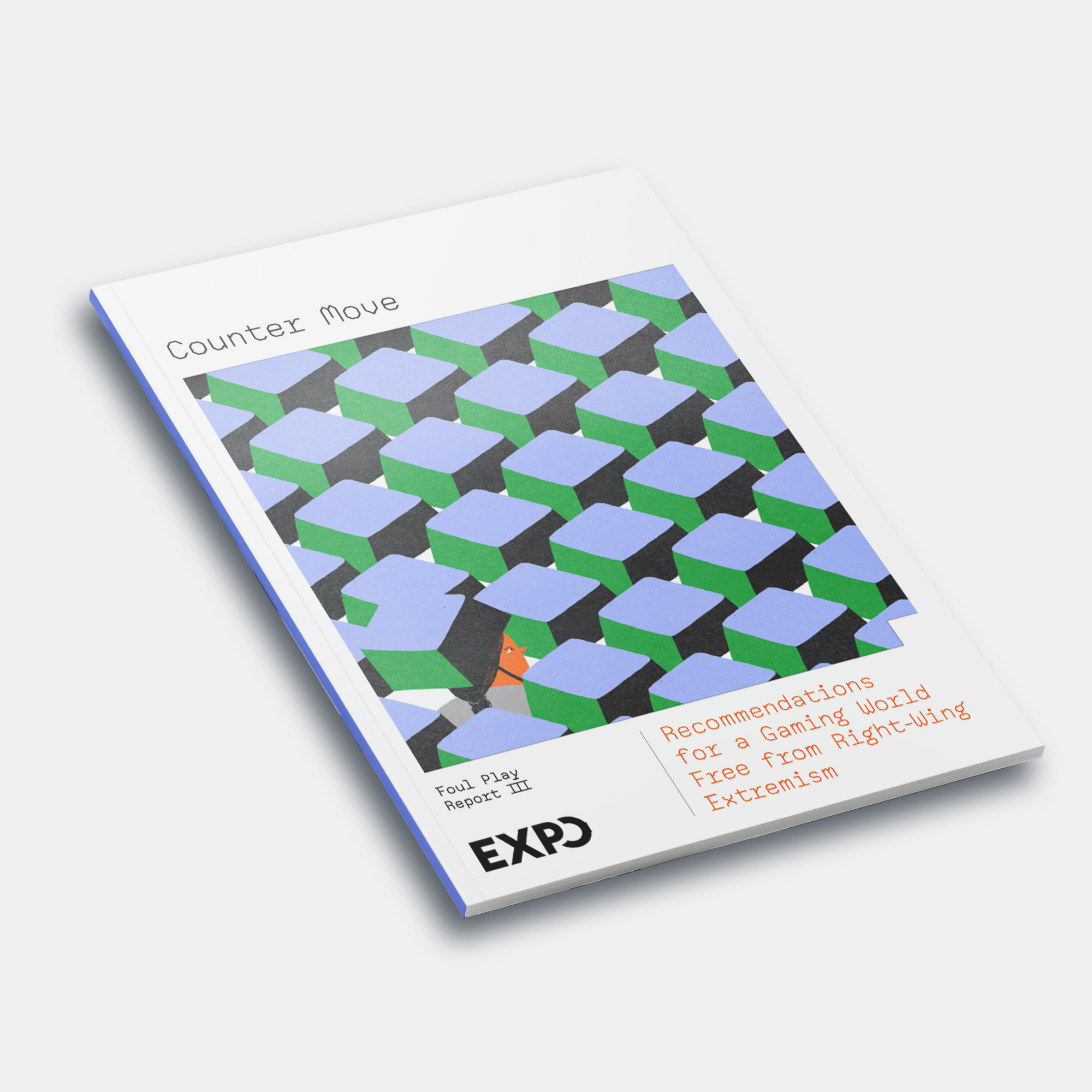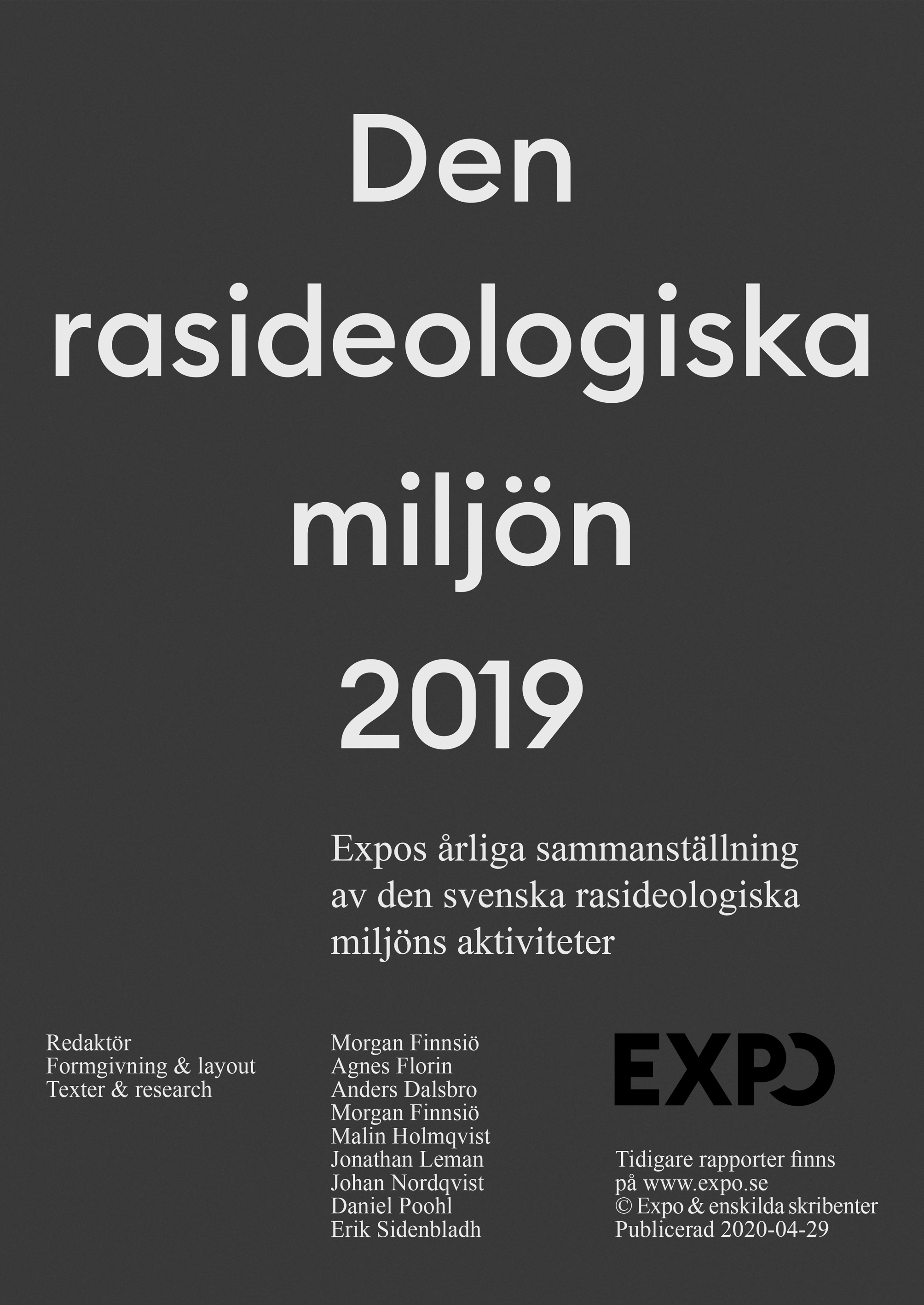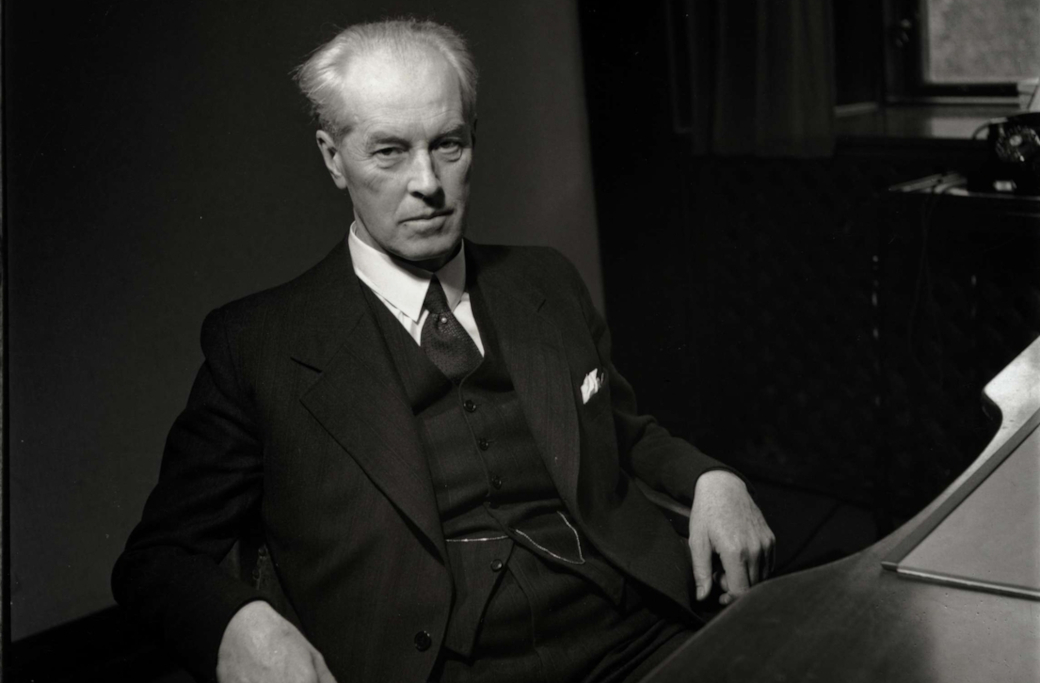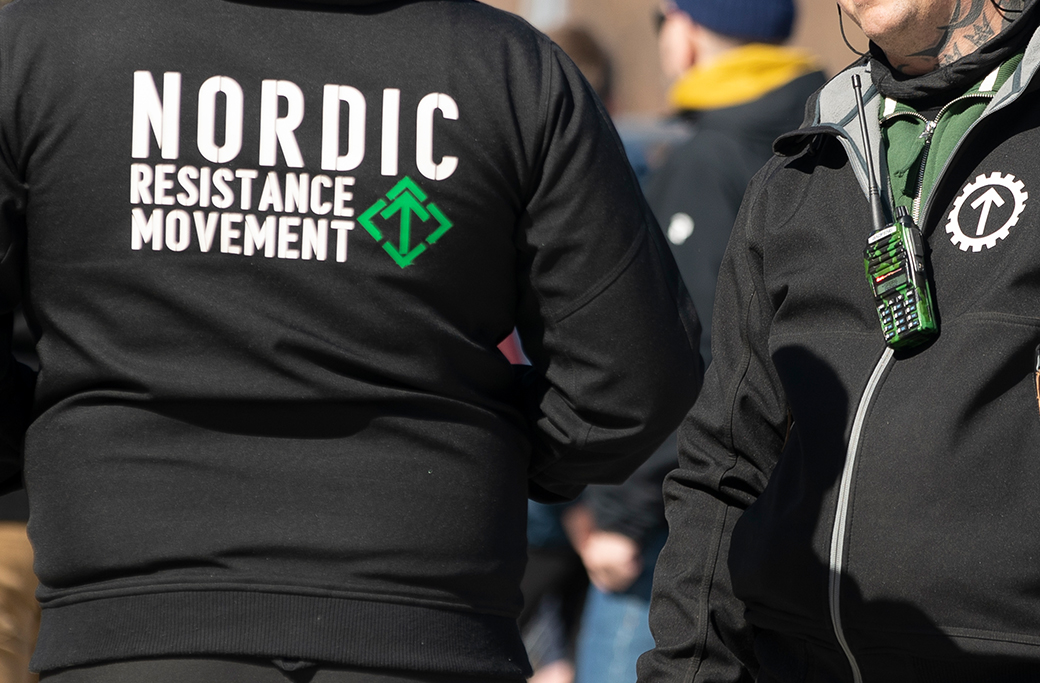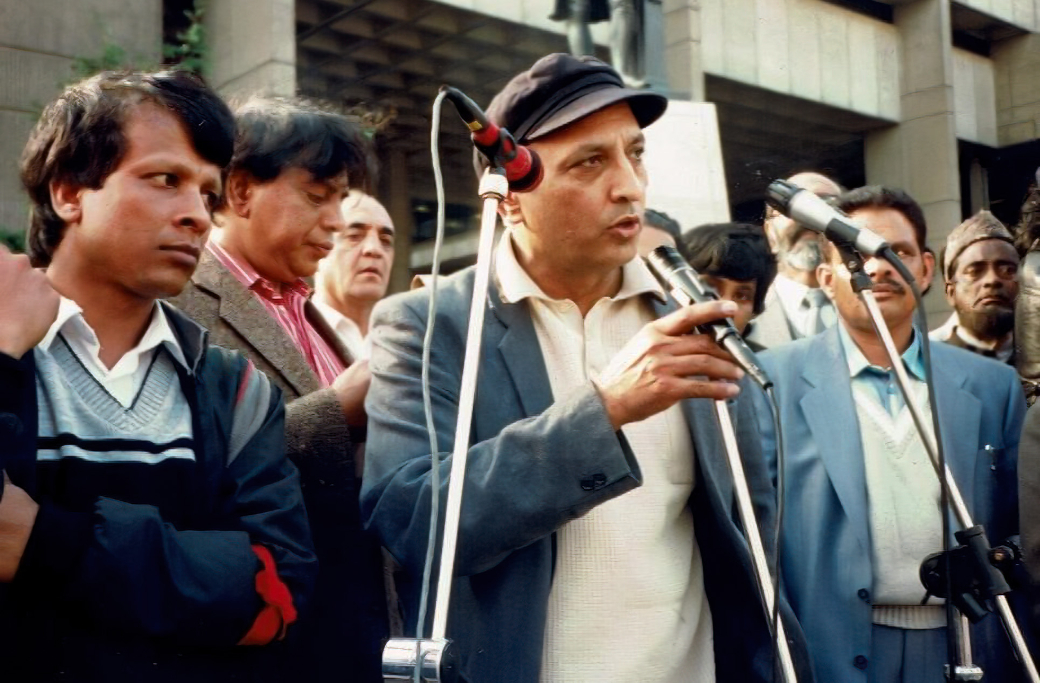
Foul Play in the Gaming Space
Video games are a social hobby that attracts over 3 billion people globally. They bring joy and inspiration to many in their daily lives. Video games are also a significant economic force, both in Sweden and on a global scale. However, the gaming space is also susceptible to abuse from far-right extremists who can spread their message with few filters or constraints, to children and adolescents.
Publicerad: 2024-02-23, 11:29
Lästid: 3 minuter
Since 1995, the Expo Foundation has been dedicated to counteracting the efforts of racists working to undermine democracy. In recent years, we have witnessed extremists escalating their presence in the gaming environment. The report "Foul Play in the Gaming Space" describes how far-right extremists hijack gaming platforms and spread their message of hate among children and adolescents.
A social pastime
Over 3 billion people play video games globally. In Europe, more than half of those aged 6-64 play, with the percentage being even higher among the younger demographic.
For most, gaming has positive effects such as increased daily joy, stress relief, and inspiration. Video games are also a significant economic force. Globally, the gaming industry is estimated to be worth more than the music and film industries combined. Sweden is a major player in the industry and nearly one in four people on Earth has played a Swedish game at some point.
Culture of hate and far-right activity
Meanwhile, the culture of normalised hate towards women, racialized groups, and LGBTQI+ persons that exists within the gaming space continues to thrive in chat rooms and on gaming adjacent platforms. Toxic behaviour, harassment, and hate are widespread problems, affecting players' well-being. It also leads many to stop playing, especially online games.
Far-right individuals and organisations abuse games and gaming adjacent platforms to spread their extremist message among children and young people. Often with few or no filters or constraints. The gaming environment offers anonymity and an audience that extremists would otherwise never reach on the same scale.
All this takes place in an environment where children and adolescents spend a significant portion of their free time.
A significant knowledge gap
Right-wing extremist actors have also become increasingly adept at using imagery and the aesthetics of gaming culture to spread propaganda and normalise hateful ideologies. Children and adolescents often lack the knowledge and ability to understand the extremist forces they are being exposed to, and therefore have a lower threshold for radicalisation.
Many adults working to provide young people with a secure upbringing feel powerless in the face of the hateful propaganda that children and adolescents are exposed to within the gaming environment. Simultaneously, there are significant gaps in the understanding of the extent of the problem, both within the industry and among policy makers and the adult world at large.
The first report of three
"Foul Play in the Gaming Space" is the first of three reports in which Expo maps out the far-right extremist presence in the gaming environment, written by Åsa Mitchell. It provides an introduction to the gaming environment and describes how far-right extremists hijack platforms for both socialization and operational activities.
The report was written as part of the Foul Play project, conducted with support from the Swedish Agency for Youth and Civil Society (MUCF). In report two and three, the analysis of far-right presence on gaming platforms will be deepened, and proposals for solving the problems will be presented.






